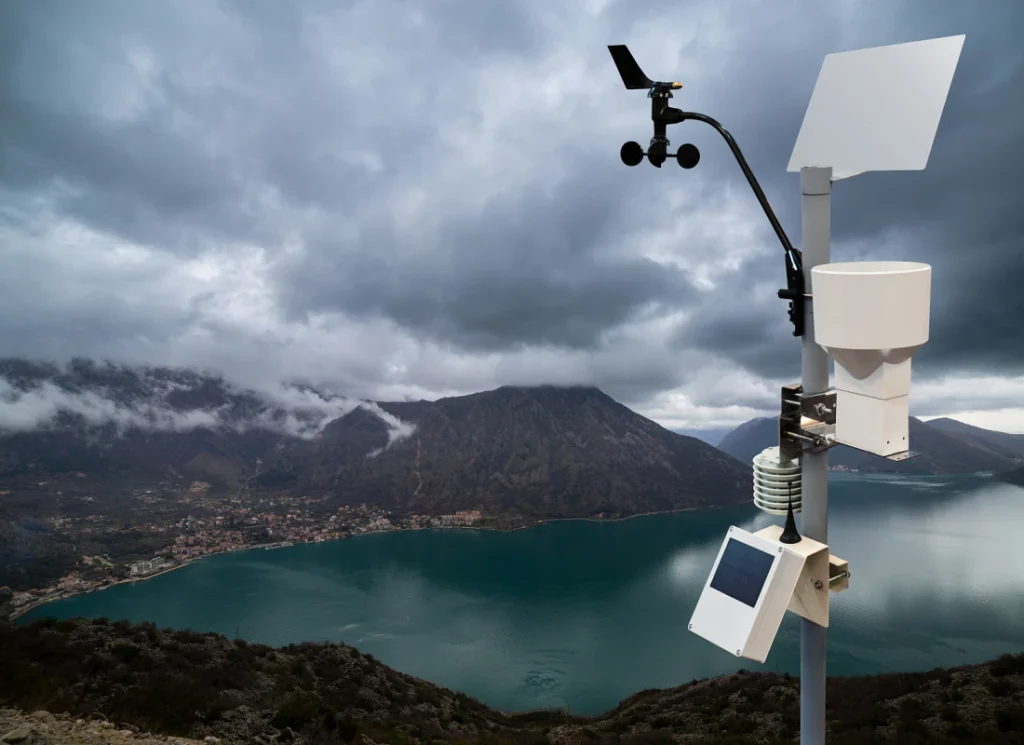
# Rainwater Sensor: A Smart Solution for Water Conservation
## Introduction to Rainwater Sensors
Rainwater sensors are innovative devices designed to detect and measure rainfall, providing valuable data for water conservation efforts. These smart tools have become increasingly important in modern water management systems, helping individuals and organizations make informed decisions about water usage.
## How Rainwater Sensors Work
Rainwater sensors operate using various technologies to detect precipitation:
– Some use a tipping bucket mechanism that counts each small amount of collected water
– Others employ electronic moisture sensors that detect when rain falls on their surface
– Advanced models may use optical or acoustic sensors to measure rainfall intensity
The collected data is then transmitted to a central system or displayed locally, allowing users to monitor rainfall patterns in real-time.
## Benefits of Using Rainwater Sensors
Implementing rainwater sensors offers numerous advantages for water conservation:
### 1. Efficient Irrigation Control
Rainwater sensors can automatically shut off irrigation systems when sufficient rainfall occurs, preventing unnecessary watering and saving thousands of gallons of water annually.
### 2. Data Collection for Better Planning
By tracking rainfall patterns over time, these sensors provide valuable historical data that helps in designing more effective water management strategies.
### 3. Cost Savings
Reduced water usage translates directly to lower utility bills, making rainwater sensors a financially smart investment for both residential and commercial properties.
## Applications of Rainwater Sensors
Rainwater sensors find applications in various sectors:
– Residential landscaping and gardens
– Agricultural irrigation systems
– Municipal water management
– Smart city infrastructure
– Golf course maintenance
## Choosing the Right Rainwater Sensor
When selecting a rainwater sensor, consider these factors:
– Accuracy requirements for your specific application
– Compatibility with existing irrigation systems
– Durability and weather resistance
– Ease of installation and maintenance
– Data reporting capabilities
## The Future of Rainwater Sensing Technology
As water conservation becomes increasingly critical, rainwater sensor technology continues to evolve. Future developments may include:
– Integration with smart home systems
– AI-powered predictive analytics
– Wireless connectivity for remote monitoring
– Solar-powered operation
– Miniaturization for wider deployment
Rainwater sensors represent a simple yet powerful tool in our collective effort to conserve water resources. By providing accurate, real-time data about precipitation, these devices empower users to make smarter decisions about water usage, contributing to more sustainable water management practices worldwide.
Keyword: rainwater sensor